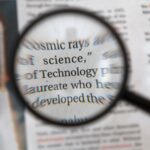
The Florence Center for Data Science hosts a dissemination feature consisting in brief interviews with our D2 Seminar speakers. We are asking few questions to the experts to explain what their research is about, this format can be seen as an extended version of the Q&A session.
Our goal is to promote a public understanding of science and to reach the readers who may be interested in knowing more about the different fields in which data are involved.
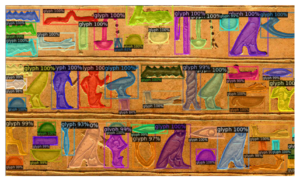

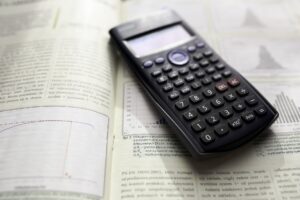
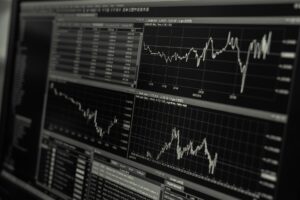
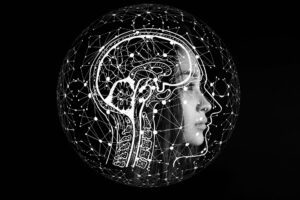






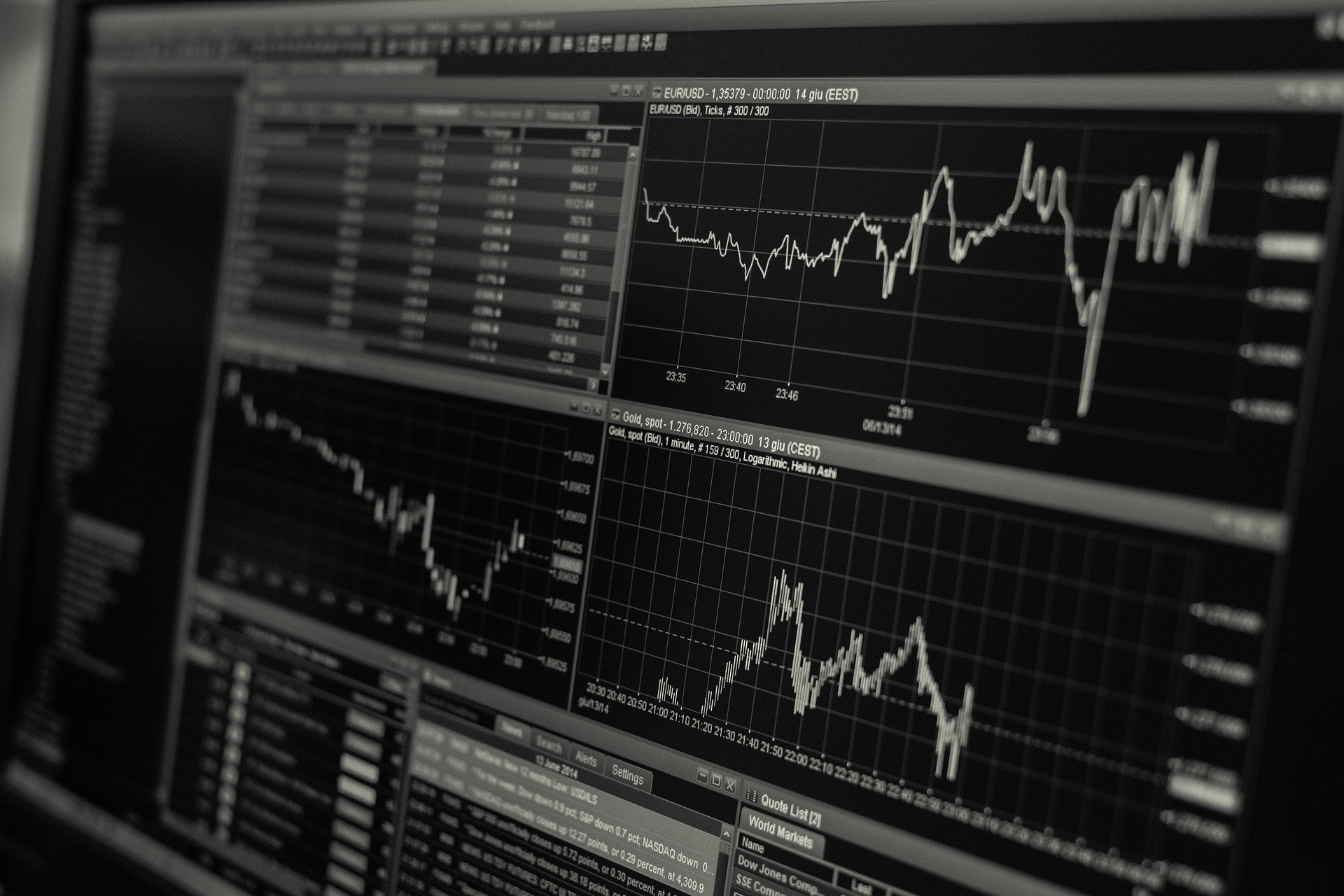
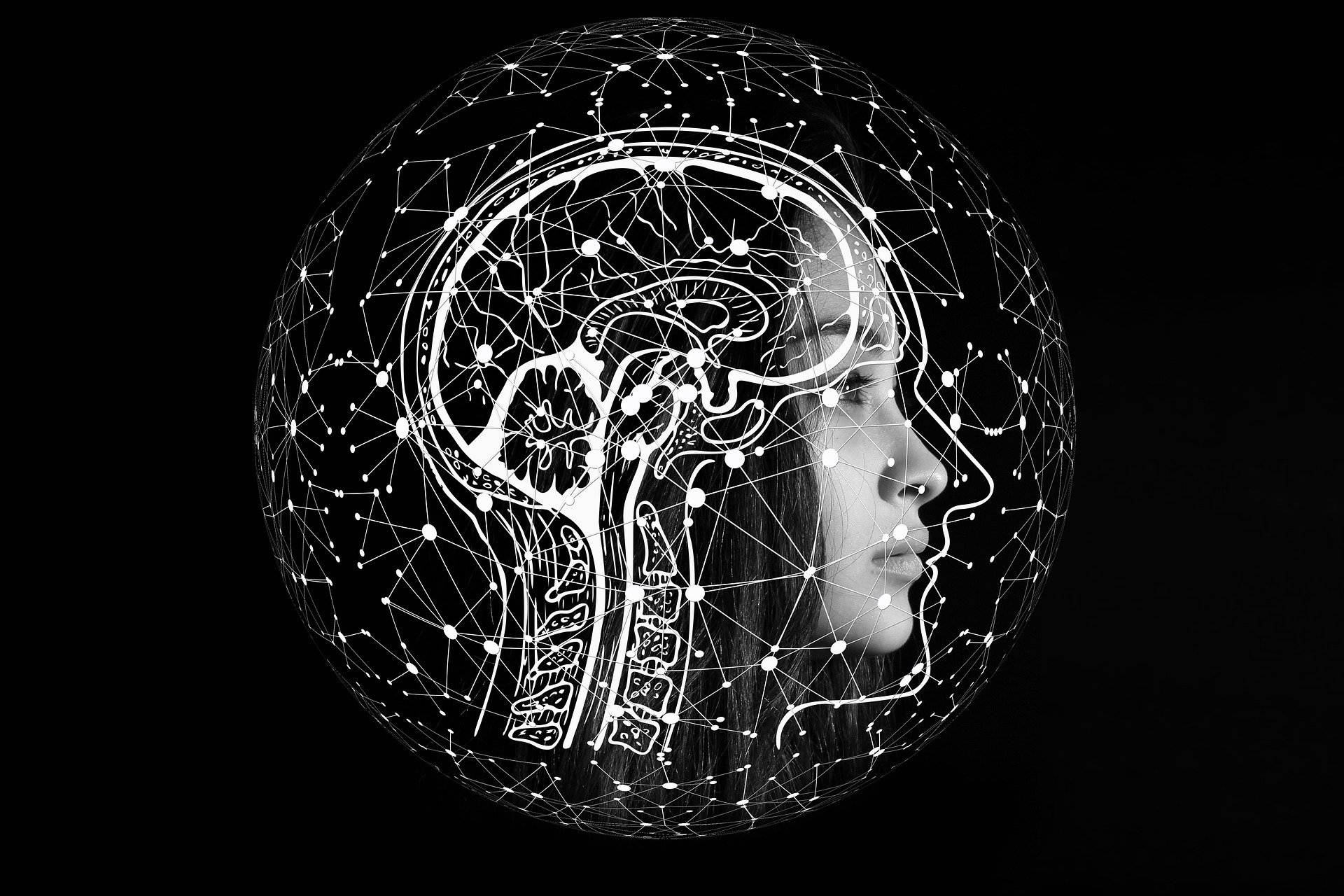
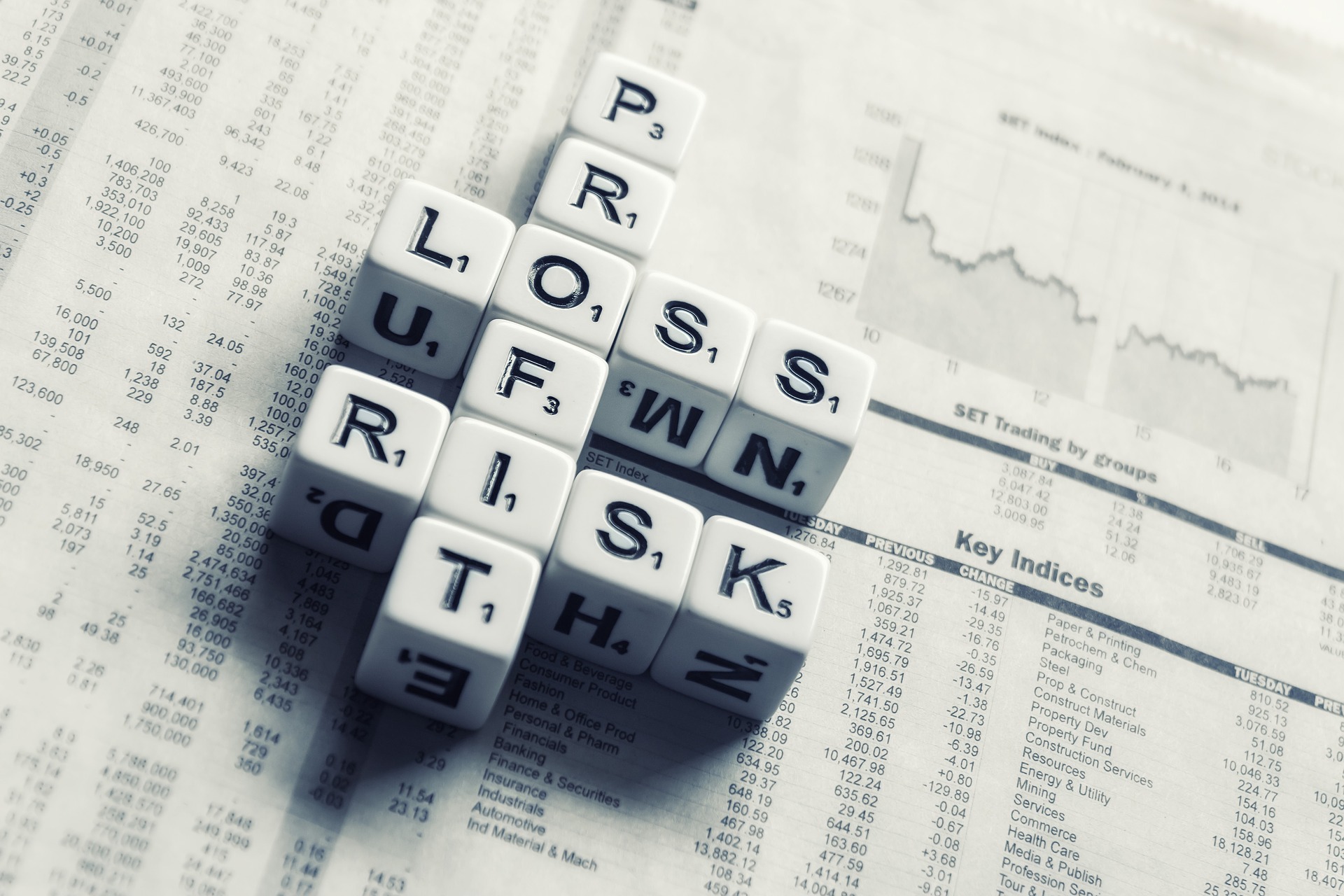
[fts_twitter twitter_name=DataScienceFLR tweets_count=1 cover_photo=no stats_bar=no show_retweets=no show_replies=no]
[fts_instagram instagram_id=17841450771000368 access_token=IGQVJYY3pTWjFtSS1IVGlqcURDYWZAGSG9vTmlnbjRFeWhCTnlCYTJrRzBuRV9nenUySGNlcUo5aC1JVkRtTW1vWWxzMElFZAkc2bFBMMV9fR054TFpscjg4TWo0RXVJYWNOeXR3TEdB pics_count=1 type=basic super_gallery=yes columns=3 force_columns=no space_between_photos=1px icon_size=30 hide_date_likes_comments=no]